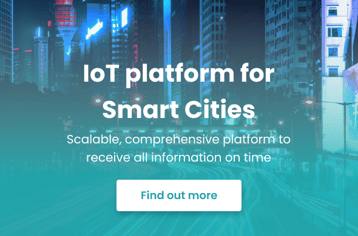Why is it more beneficial living in a smart city?

- MOBILITY
- IOT
- E-MOBILITY
- SMART CITIES
The concept of smart cities began in the 1960s when the US Community Analysis Bureau started collecting data of US cities to make preparations for disasters, make daily lives easier and to reduce increasing poverty. The aim didn’t change in 2021, smart cities use information and communication technologies (ICT) to provide better well-being for citizens. 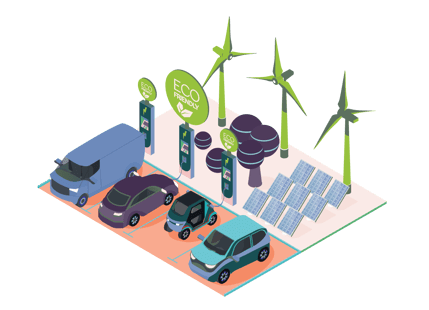
Definition of smart city
We call a city smart when it uses different information technologies to increase the efficiency of city operations, while improving citizens’ daily lives. Rapid urbanization addresses new urban challenges many cities have to face with, implementing IT developments help local governments to cope with these environmental, societal and economic challenges beneficially.
Smart cities base their decision-making process on information deriving from implemented technologies. The success of smart cities relies on combining the knowledge in public and private sectors to create a data-driven environment for local governments. Every smart city has to focus on two things: improve citizens’ quality life, and provide economic growth with IoT infrastructure.
There are various types of technologies that can make a city smart
The most common is Internet of Things (IoT) which is a network of physical objects, so called “things”, that are embedded with sensors or other technologies to collect, receive and analyze data of connected devices through the Internet. Millions of devices can be connected in the IoT infrastructure; therefore, a platform is needed to manage them. In our previous blog post, you can read it all of IoT platforms and how Grape’s IoT development helps industries in solving IoT issues.
Another novel technology for smart cities is artificial intelligence (AI). AI is concerned to build smart machines that are capable of performing tasks that require human intelligence. AI has huge potential for public transportation, public safety, power grids and waste management.
Augmented reality (AR) is an artificial version of the real physical world that is achieved with digital visual elements, sound, or other life actions with technology. With AR developments, smart cities can create real-life scenarios for different outcomes, improve navigation on the roads, or provide detailed information of buildings.
Why are smart cities important?
We need to examine this question from two perspectives: from citizens’ aspect, and from the government’s site. As a citizen, you wish to live in a city that is safe, has improved transportation, efficient public utilities, increased infrastructure, and has environmentally friendly initiatives. From government’s aspect, you wish to manage a city that has a strong connection between its citizens and government, and where the decision-making is data-driven.
Better traffic infrastructure
With smart traffic management and shared, connected transportation methods, smart cities enable more efficient traffic throughput. The ability to track traffic movements in the city, allows cities to better serve its citizens even in peak hours.
Increased safety
One of the most important advantages of IoT developments in smart cities is reducing criminal activity. Implemented cameras on streets, or license plate recognition cameras in parking lots both help emergency operators to detect a crime or proof a crime on time. Police authorities receive more, valuable evidences on given cases.
Positive impact left on our environment
Energy-efficient buildings and energy renewable sources help cities to reduce their ecological footprint. Shared transportation is a great method to reduce the number of actively used vehicles in the city, thus decreasing the amount of CO2 emission in the city. Air quality sensors help cities to track the quality of the air and identify increased pollutions on time.
Efficient public utilities
Smart technologies help cities to reduce inadvertent waste of water and electricity. With smart meters, utility providers can also enhance their consumer satisfaction by billing the exact number of consumptions. Workers sometimes generate bills based on incorrect numbers that lead to under-, or overcharging the consumer.
Better life quality
As we mentioned earlier, the aim of smart cities is to increase the well-being of their citizens. Smart parking, public WiFi or well-managed transportation opportunities leave a positive impact on citizens’ life. In the beginning, it might take some time for citizens to adjust for new technologies, but once they start using it, they become a part of their daily lives.
Effective decision-making
The overall benefit of smart cities for local governments, is Big Data coming from connected devices. The knowledge acquired from device information gives strategic advantage for city officials, offering stronger decision-making processes.
Better citizen and government engagement
When residents perceive technology investments in their area, engagement towards city officials increases, and cities become more attractive places to live in. Smart investments in the area also increases the probability of moving in from another city.
Smart city examples in Hungary
Budapest:
- Smart parking
- Smart community transportation
- Smart pedestrian crossings
- Connected, smart traffic lights
- Smart hotel
- Smart mall
- Smart street lights
- Smart electric car charging points
- ECO friendly, smart petrol stations
- Smart geographic information system projects
- Smart air quality monitoring
Debrecen:
- Smart pedestrian crossings
- Smart parking in the city-center
- Smart energy consumption metering in governmental buildings
- Solar mobile device charger
- QR code tourist information system
- Public WiFi on public transportation
Pécs:
- Smart community transportation (Pécsike)
- Smart pedestrian crossings
- Smart grid metering sample project
- Smart air quality monitoring
Győr:
- Smart metering
- Smart electric car charging points
- Smart community transportation (GyőrBike)
- Smart air quality monitoring
Share this post on social media:
Posts by Tag
- IoT (17)
- Smart cities (16)
- E-mobility (14)
- Energy Management (10)
- Mobility (9)
- Software development (9)
- Marketing automation (6)
- RPA (6)
- Robotic Process Automation (6)
- electric vehicles (6)
- Internet of Things (5)
- IoT solution (5)
- Marketing software (5)
- Smart Building (5)
- Business Intelligence (4)
- Custom applications (4)
- IoT platform (4)
- Uipath (4)
- electric charging (4)
- IoT devices (3)
- Properties (3)
- AI (2)
- BI (2)
- Montu (2)
- Multi-device functionality (2)
- Omnichannel (2)
- RPA Budapest (2)
- Smart city (2)
- UX design (2)
- app development (2)
- artificial intelligence (2)
- crm (2)
- crm software (2)
- electric charging station (2)
- machine learning (2)
- marketing campaign (2)
- optima (2)
- API Testing (1)
- Agriculture (1)
- Automated Testing (1)
- BYOD (1)
- EV (1)
- Energy Communities (1)
- Event insights (1)
- Event report (1)
- Green IoT (1)
- HR (1)
- IT Outsourcing (1)
- ML (1)
- Power BI (1)
- Resource Management (1)
- Smart Home (1)
- Smart Office (1)
- TaaS (1)
- UX/UI Design (1)
- Xamarin (1)
- cloud (1)
- cloud computing (1)
- cross-selling (1)
- data driven marketing (1)
- digital twin (1)
- dynamic customer segmentation (1)
- esg (1)
- inbound marketing (1)
- industry 4.0 (1)
- onprem (1)
- onpremise (1)
- scalability (1)
- software robot (1)
- testing as a service (1)
- upselling (1)
Recent Posts
Read On
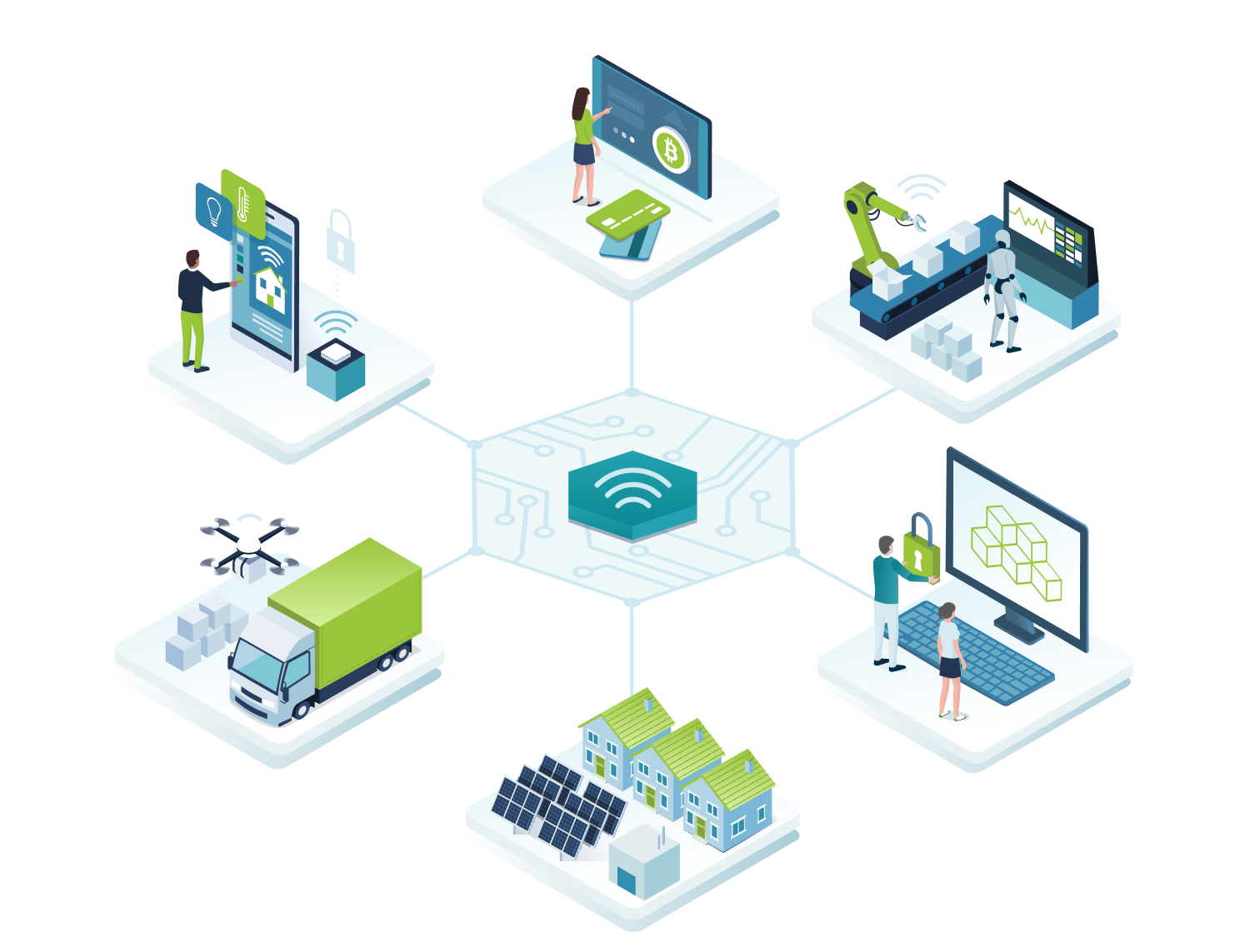
- IOT
- IOT SOLUTION
- SMART CITY
- GREEN IOT
- SMART CITIES
Green IoT: the emerging market in Internet of Things developments
Due to the tremendous developments in information and communications technology, things around us got connected, resulting in various smart city applications that enrich our society.
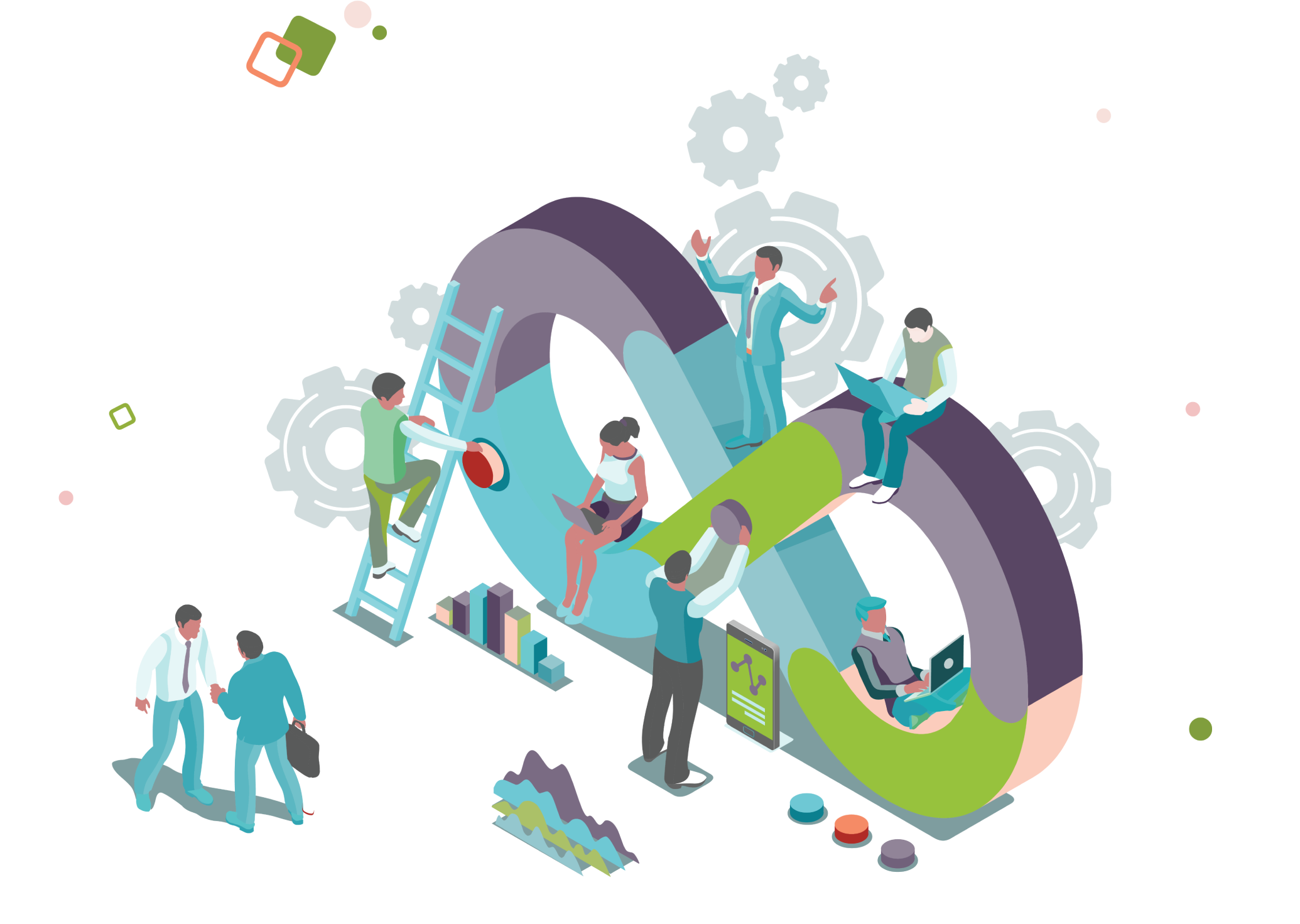
- IOT
- IOT PLATFORM
- SMART CITY
- SMART CITIES
IoT Smart city development trends in 2022
Rapid urbanization is opening up new opportunities for smart cities, the latest technological developments help city decision-makers to tackle environmental, social and economic challenges effectively. It is estimated that global smart city investment revenues could reach $158 billion in 2022, with...
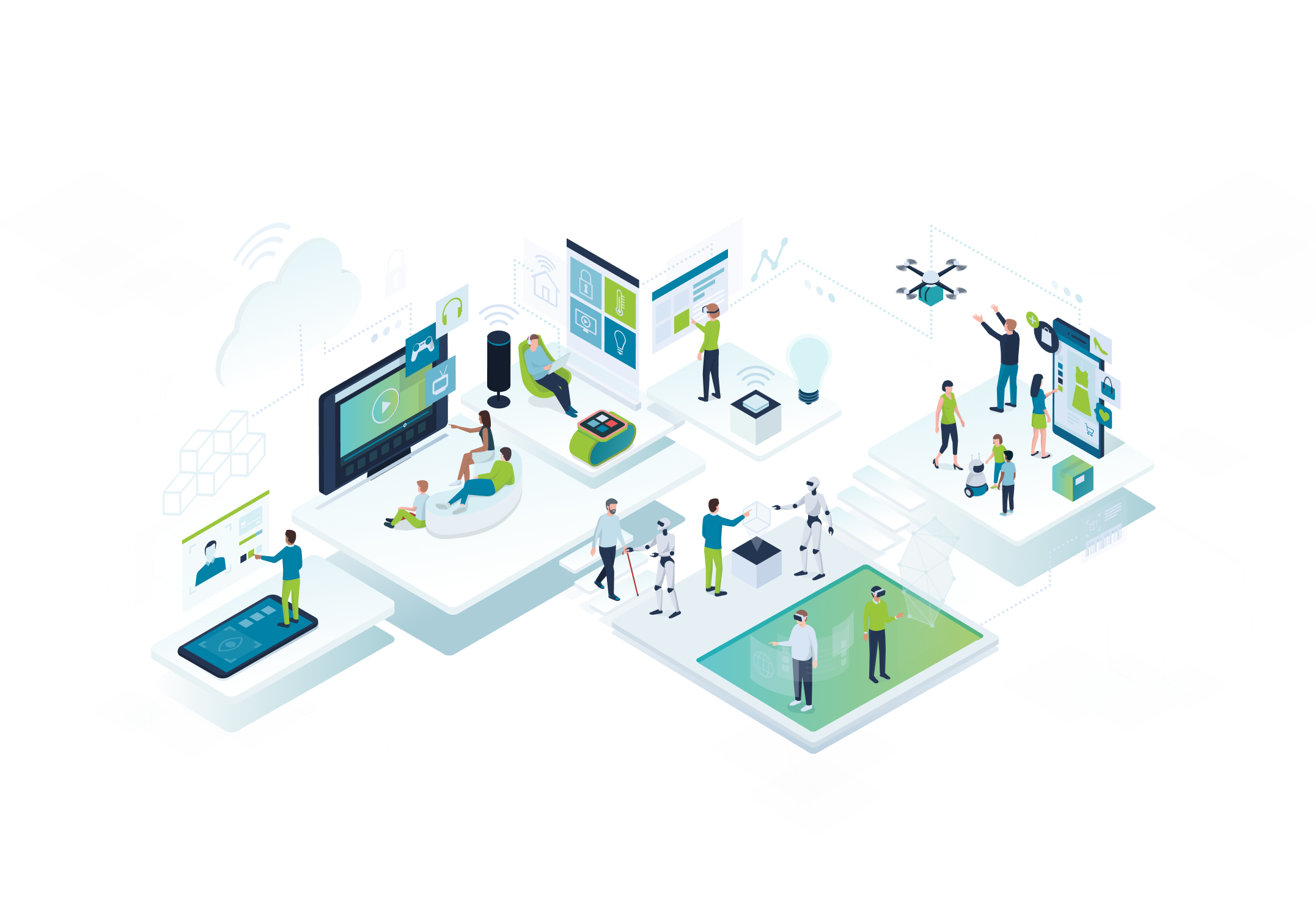
- IOT
- E-MOBILITY
- ENERGY MANAGEMENT
- SMART CITIES
Making residents' life more convenient: 5 cities using technologies to increase the well-being of locals
In an era marked by heightened citizen expectations, municipalities must effectively meet their residents' needs, as customer satisfaction holds massive value in local services. Many global cities are embracing cutting-edge software solutions to make their residents' life easier and more...
